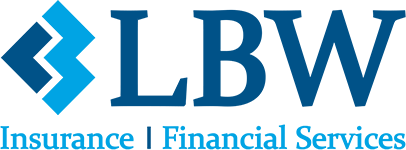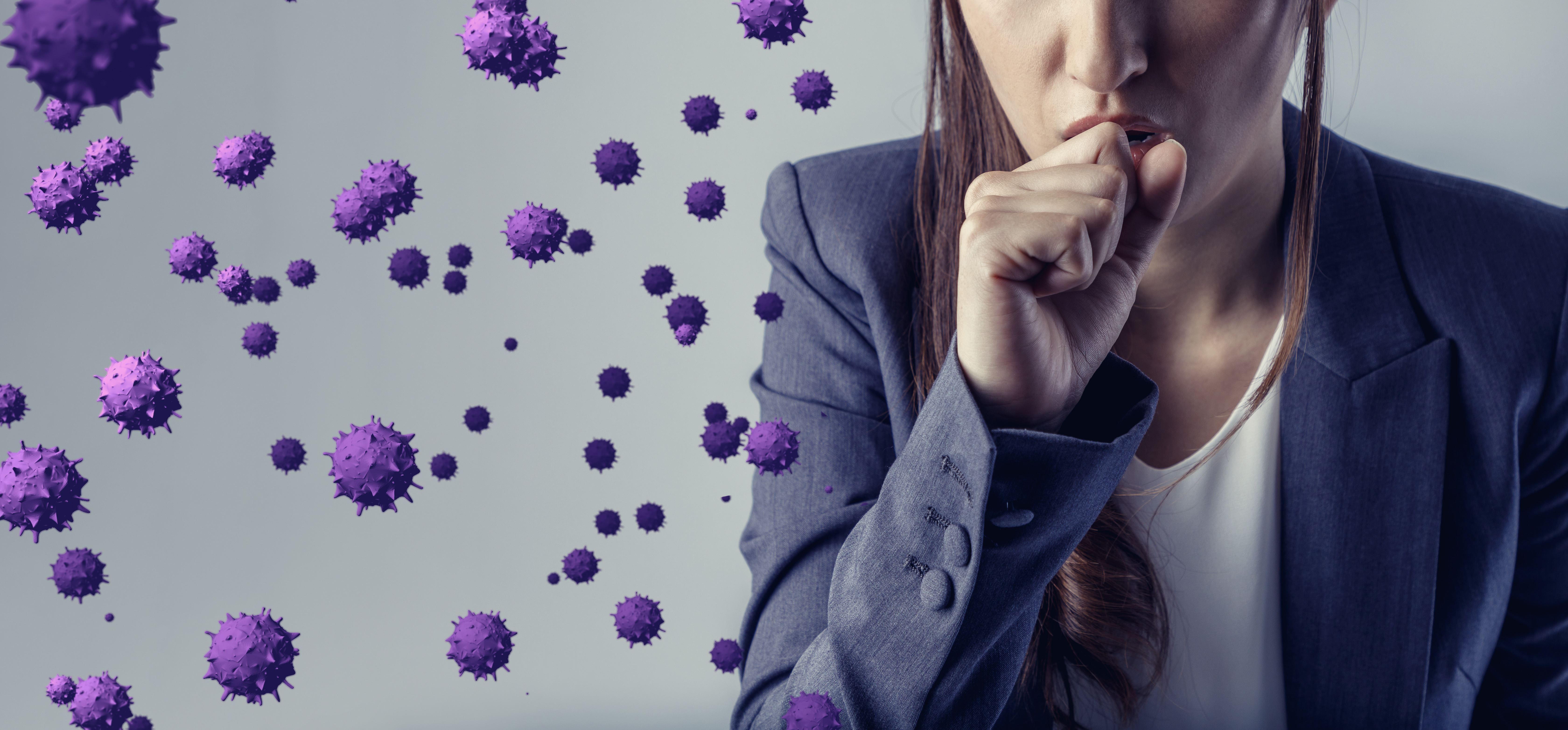Does CA SB 1159 mean every COVID-19 diagnosed worker in CA will get Workers' Compensation benefits?
In short: No.
With SB 1159 California has created a presumption of work-related exposure for certain workers who contract COVID-19. But the presumption doesn't apply to ever worker who presents a COVID positive test result. And even for those workers given the presumption, their employers can still opt to submit a rebuttal demonstrating why the exposure did not likely arise "out of and in the course of the employment."
SB-1159 “Workers’ Compensation: COVID-19: Critical Workers”
Signed into law by Governor Newsom on September 17, 2020
What does SB 1159 do?
SB 1159 codifies the COVID-19 presumption created by Executive Order N-62-20 and provides two new rebuttable presumptions that an employee’s illness related to coronavirus is an occupational injury and therefore eligible for workers’ compensation benefits if specified criteria are met.
There are 3 main parts to the bill
The first pertains to workers who contracted COVID-19 on/between March 19, 2020 and July 5, 2020. There is a presumption that they contracted the virus in the course of their work and they are eligible for Workers’ Compensation benefits. The presumption is rebuttable by the employer. This section was Governor Newsom’s original Executive Order N-62-20.
The second major portion of the bill pertains to firefighters, law enforcement, and a broad category of healthcare workers. For workers in these industries who contract COVID-19 within 14 days of their last day working for their employer, the presumption will be made that they contracted the virus in the course of their work and they will be eligible for Workers’ Compensation benefits. The presumption is rebuttable by employers. This applies to workers who receive a positive COVID-19 test on or after July 6, 2020 (and within 14 days of their last day working for their employer.) This section shall remain in effect until January 1, 2023. Employers who wish to reject a claim will have 30 days to do so. If they do not reject the claim, then it is presumed compensable. For workers diagnosed on or after July 6, 2020 the worker must test positive using a test that detects the presence of viral RNA. An antibody test will not suffice.
The third major portion of SB 1159 applies to workers in California who do not fall within the firefighter, law enforcement, and healthcare worker categories above. For these workers, there must be an “outbreak” at their worksite for the presumption to be applied, and the worksite must have 5 or more workers during the time of the worker’s exposure. The “outbreak” criteria is met if a worker contracts COVID-19 within 14 days of their last day working at the direction of their employer AND 3 other co-workers also contract the virus within a 14-day window of that worker’s exposure date. Then the 4 total cases constitute an “outbreak”, and the presumption will be applied. If the worksite has more than 100 employees, then the “outbreak” requirement is 4% of the greatest number of workers at that worksite during the 14-day period. As with the firefighters, law enforcement, and healthcare worker category above, this applies to workers who receive a positive COVID-19 test on or after July 6, 2020 and remains in effect until January 1, 2023. However, for this category of worker, the employer has 45 days to deny the claim. If the employer does not deny the claim in that time, then it is presumed compensable. For workers diagnosed on or after July 6, 2020 the worker must test positive using a test that detects the presence of viral RNA. An antibody test will not suffice.
This bill imposes reporting requirements on employers for purposes of the outbreak presumption. Specifically, when an employer knows or reasonably should know that an employee has tested positive for COVID-19, the employer must report certain information to its claims administrator. Employers may be subject to civil penalties of up to $10,000 for intentionally submitting false or misleading information, or for failing to report required information.
In ALL cases, the worksite may not be the worker’s residence.
What needs to be reported when an employee tests positive for COVID-19? (For workers not in the firefighter, law enforcement, and healthcare worker category)
When the employer knows or reasonably should know that an employee has tested positive for COVID-19, the employer shall report to their claims administrator within three business days all of the following:
(1) An employee has tested positive. For purposes of this reporting, the employer SHALL NOT provide any personally identifiable information regarding the employee who tested positive for COVID-19 unless the employee asserts the infection is work related
(2) The date that the employee tests positive, which is the date the specimen was collected for testing.
(3) The specific address or addresses of the employee’s specific place of employment during the 14-day period preceding the date of the employee’s positive test.
(4) The highest number of employees who reported to work at the employee’s specific place of employment in the 45-day period preceding the last day the employee worked at each specific place of employment.
The claims administrator shall use information reported to determine if an outbreak has occurred for the purpose of administering a claim. To calculate the number of employees at a specific place of employment, the claims administrator shall utilize the data reported for the first employee who is part of the outbreak.
What if I have an employee(s) who tested positive on or after July 6th and before this bill became effective on September 17th – do I need to report them now?
Any employer who is aware of an employee testing positive on or after July 6, 2020, and prior to the effective date of this section, shall report to their claims administrator, within 30 business days of the effective date of this section, (30 days from September 17th would be October 17th)
In this case, for reporting the highest number of employees who reported to work at each of the employee’s specific places of employment on any given work day – the employer shall not use a 45 day period, but rather the highest number of employees at the worksite(s) between July 6, 2020, and September 17th. The claims administrator shall use the information reported under this paragraph to determine if an outbreak has occurred from July 6, 2020, to September 17th, for the purpose of applying the presumption.
For employees who tested positive for COVID-19 on September 17th or later, refer back to the section titled “What needs to be reported when an employee tests positive for COVID-19?”
Do I have an obligation to report the positive COVID-19 diagnosis to anyone other than my claims administrator?
There is separate legislation that addresses an employer’s obligations to report COVID-19 cases to employees, public health agencies, and others. But those are not part of SB 1159.
See California’s AB 685 for more on this
Text of that billcan be found here
A blog post on that topic authored by the Labor Law team at Lewitt Hackmancan be found here
Cal/OSHA provides a free “COVID-19 Employer Playbook” which explains employer reporting requirements for Cal/OSHA. The 36-page pdf can be found here
How are the Workers’ Compensation carriers responding to this?
We are seeing Workers’ Compensation carriers sending SB 1159 communications to their insureds. They are informing insureds of their reporting obligations and have also created new forms or web portals to be used specifically for reporting COVID-19 cases. Employers should be aware that these forms or portals do not take the place of regular claims reporting protocols. If a COVID-positive employee wants to claim their exposure was work-related, then the normal claims reporting protocols must be adhered to in addition to the new form or web portal reporting procedure.
Note: some carriers are extending the deadline for reporting cases diagnosed July 6 – September 16. We have seen at least one carrier giving insureds until October 29th to report those cases. Insureds should pay attention to the deadline imposed by their particular carrier, and if the carrier does not say otherwise, then the deadline remains October 17th.
How will COVID-19 positive employees impact my Workers’ Compensation premiums?
The Workers’ Compensation Insurance Rating Bureau (WCIRB) passed a special regulatory filing decision regarding this earlier this year. While it is possible that carriers could raise rates overall based on their total losses from all COVID-19 claims, the following was determined regarding employers’ experience rating calculations (what most employers know as their Experience Modification rating):
“The California Insurance Commissioner has approved rule changes for claims directly arising from a diagnosis of COVID-19 with an accident date on or after December 1, 2019 to be excluded from the experience rating calculations of individual employers. Since the occurrence or non-occurrence of COVID-19 workers’ compensation claims incurred by an employer are unlikely to be a strong predictor of that employer’s future workers’ compensation claim costs, the inclusion of such claims in an experience modification calculation would not meet the intended goal of experience rating.” This statement can be found on the WCIRB’s website here
Resources for more information:
The text of CA Senate Bill 1159can be found here
An excellent FAQ can be found on theCA Department of Industrial Relations website here
For more information on SB1159, see blog post authored by the Labor Law team at Lewitt Hackman here
For further reading
Insurance Journal - Children of Deceased Tyson Worker in Iowa Allege Lax COVID-19 Safety
And, as always, if you still need help navigating the issue, reach out to us here at LBW!

